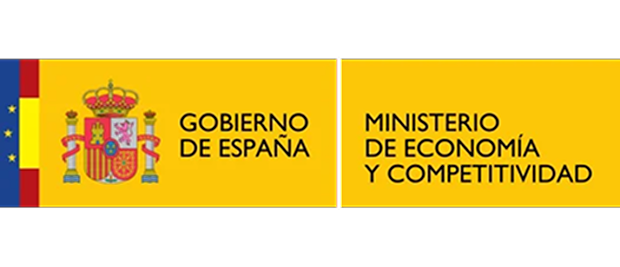In Andorra, electronic invoicing is currently optional for all types of transactions: B2B, B2C, and B2G. There is no legal obligation to issue e-invoices, and businesses may continue using traditional formats like PDF, especially in private-sector exchanges.
For suppliers who choose to send structured e-invoices to Andorran public administrations, the government has launched an official submission portal. Starting January 2025, using this portal is mandatory for B2G transactions—but only for those invoices submitted in structured electronic format (e.g., Peppol BIS or UBL). Suppliers who use PDF or similar formats must deliver their invoices through other channels, such as email. The portal is connected to the Peppol network, allowing companies to submit invoices via certified Access Points like B2Brouter.
In the following sections, you’ll find key dates, formats, legal requirements, and tips to ensure your invoices meet Andorran standards. Even if not required, using structured e-invoicing tools brings long-term advantages in compliance, traceability, and cross-border operations.
Important dates
Since 2021
Public administrations are required to accept e-invoices.
No mandatory deadlines
No enforcement dates have been set for B2B, B2C, or B2G.
Legislation
- B2G invoicing status
Public entities in Andorra must accept e-invoices, although suppliers are not obliged to send them.
- Accepted formats:
UBL 2.1 and Peppol BIS 3.0 are accepted formats for e-invoices issued within or to Andorra.
- Delivery channels
Invoices can be submitted via the government portal or through the Peppol network using certified providers like B2Brouter.
- Regulating authority
The Ministry of Finance and Public Function oversees invoicing rules and fiscal compliance in Andorra.
- Archiving requirements:
Invoices must be stored for a minimum of 3 years. Storage abroad is allowed if access is guaranteed during audits.
- Invoice content rules
Invoices must include the supplier’s tax ID, client data, transaction date, VAT rate, and a unique serial number.
Authentication methods
Digital signatures, EDI, or audit trails help ensure invoice integrity and authenticity.
B2B invoicing
E-invoicing in B2B is allowed if the buyer gives explicit consent.
B2C invoicing
Electronic invoices can be used for consumers, but they are not mandatory.
Send e-invoices to Andorra securely with B2Brouter
Certified Access Point for Peppol and UBL 2.1
As a certified Peppol Access Point, B2Brouter lets you issue e-invoices using the formats officially accepted in Andorra.
Cross-border invoicing made simple
Connect with global partners using Peppol. Easily reach both Andorran public entities and cross-border clients through a single platform.
Centralized invoice management
Control all your invoices in one place—issued, received, archived—available at any time.

Certifications
B2Brouter is certified with the ISO 27001 standard on information security management, certified as a Peppol Access Point Service Provider and a member of the EESPA.





